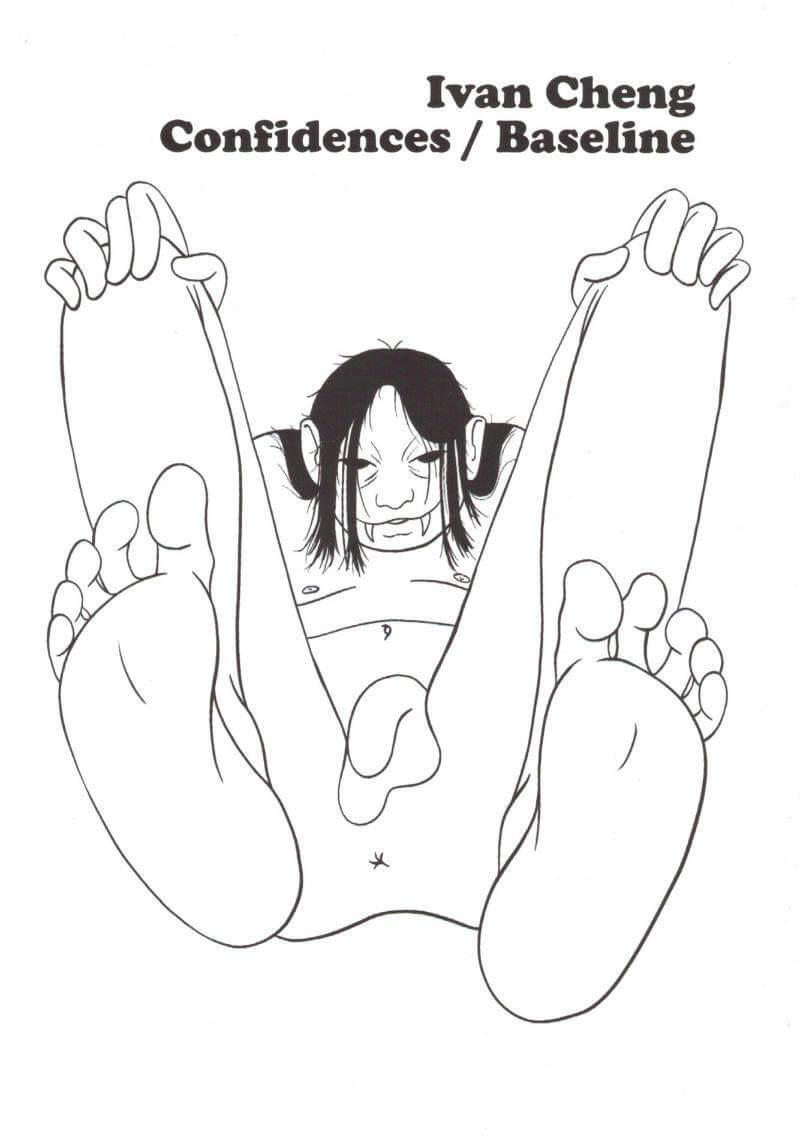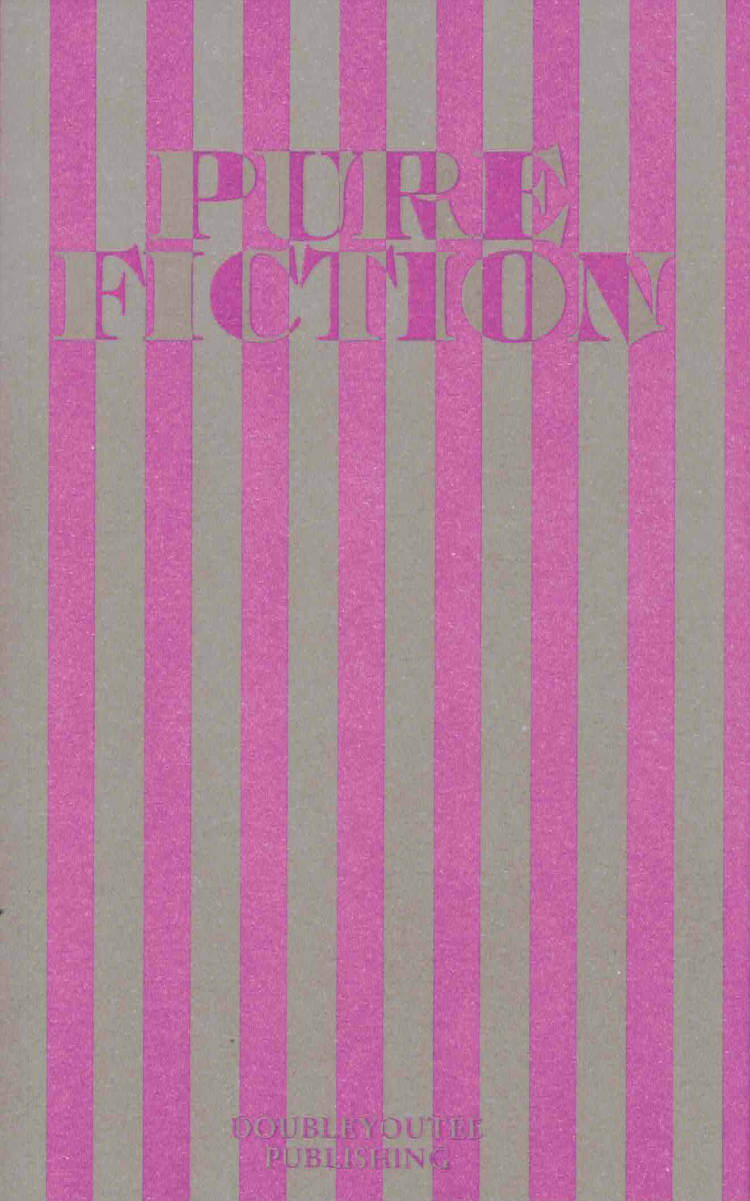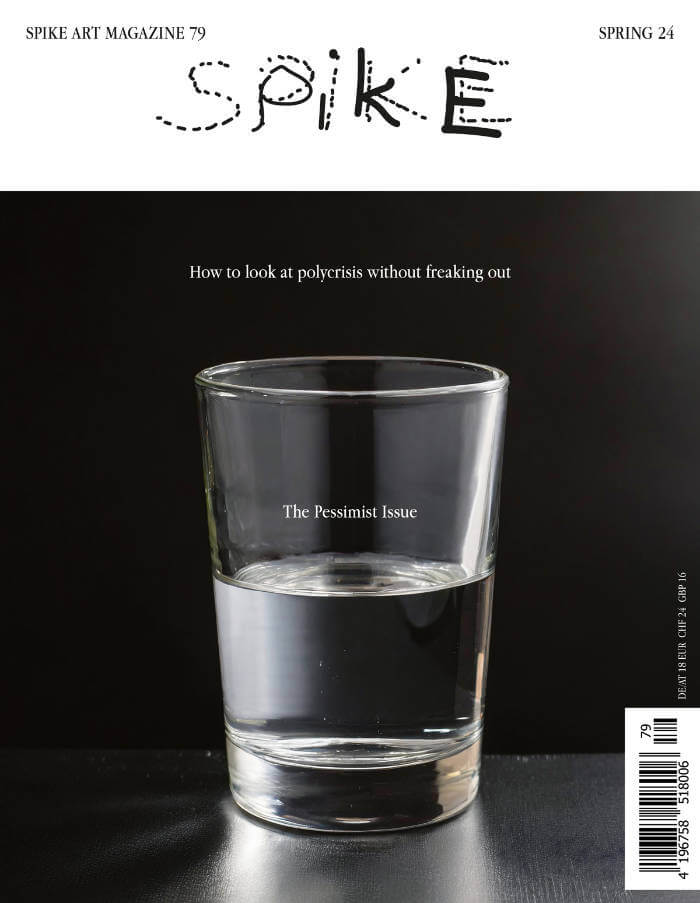Ivan Cheng
Ivan Cheng

Confidences / Production
Acting like an academic endpoint, cuneiform everything.
Conlan Eliseu is a vampire and an out-of-vogue fashion stylist who takes a job as an advisor at the Gatlin Finishing School, a three-year vocational program for talented teens in a theatre town. Human teen Doeke Schreyer wants to be a star and isn’t afraid of hard work. He just can’t seem to get it. Will his corporeal charms help him exceed the curse on his name, inherited from his adoptive parents?
Confidences / Production deals with the process of keeping the past alive, whether as image or restaging. It is the fourth instalment in Ivan Cheng’s Confidences series, which uses the figure of the vampire as shorthand for cultural movement. Following Confidences / Baseline, Confidences / Majority, and Confidences / Oracle, this new episode contains excerpts or elements from scripts by the artist, as well as documents and reflections on the tradition and transmission of theatre.
Ivan Cheng (b. 1991, Sydney) produces films, objects, paintings and publications as anchors for the staging of complex and precarious spectacles. His background as a performer and musician form the basis for his using performance as a critical medium and questioning publics and accessibility. He holds an MFA in Critical Studies from Sandberg Instituut. His performances, works and writings have been recently presented at Hartwig Art Foundation, Amsterdam; Lafayette Anticipations, Paris; galerie Édouard Montassut, Paris; Villa Imperiale, Pesaro; OCTO, Marseille; Volksbühne Roter Salon, Berlin; gta Exhibitions, Zurich; and Mind Eater Festival, Oslo. In 2017 he initiated the project space bologna.cc in Amsterdam.
Confidences / Production is published in collaboration with Monash University Museum of Art | MUMA, Naarm/Melbourne, in conjunction with the presentation of the project, Ivan Cheng: NP in September 2024.

Confidences / Oracle
Oracles don’t require belief—they now theatrically suspend disbelief. No longer advisors of world policy, they run Locus Solus, a town that has come to ramble around an eponymous theatre and chocolate factories. Theo, a centuries-old vampire intent on remaining contemporary through performance, visits Locus Solus, which is hosting Praise Estate, an international theatre festival. He uses the festival as an opportunity to stay with Gean, his oracle boyfriend, who is there visiting family. Theo has a fetish for the future, fixated on the one thing he is in no shortage of.
Confidences / Oracle is a lover’s trip to a weeklong theatre festival. A vehicle for recontextualising recent performance scripts and texts, Oracle is the third instalment in Ivan Cheng’s Confidences series, which intertwines vampires and performance as sites for circulation and recognition.

Confidences / Majority
The uprising was staged by the minority, and a downfall is remembered by the majority.
Gilgamesh “Gil” Gupta is a theatre maker and self-defined “avant-gardist.” As a young vampire, Gil’s alienation from time, body, and identity only increases with the murder of his sire, Patrice. Seasons pass in spite of this, and Gil endeavours to circumvent inter-species edicts to foster a meaningful audience. Recognition becomes a vocation.
Confidences / Majority is a novel that presents entertainment as critical gospel. Seething a trail of cultural debris, Majority is the second instalment in Ivan Cheng’s Confidences series, which deploys a version of the vampire and performance as sites for transformation and maintenance.
Ivan Cheng (b. 1991, Sydney) produces films, objects, paintings and publications as anchors for the staging of complex and precarious spectacles. His background as a performer and musician form the basis for his using performance as a critical medium and questioning publics and accessibility. He holds an MFA in Critical Studies from Sandberg Instituut; his work has recently been presented at Voiture14 (Marseille), La Maison Pop (Montreuil), Les Urbaines (Lausanne), Volksbühne Roter Salon (Berlin), Oude Kerk (Amsterdam), Belvedere21 (Vienna), MuHKA (Antwerp), Carriageworks (Sydney), Federation Square (Melbourne). In 2017 he initiated the project space bologna.cc in Amsterdam.
Confidences / Majority is published simultaneous to Cheng’s solo presentation Milieu at Édouard Montassut, Paris.

Confidences / Baseline
Confidences / Baseline plays with the vampire novel like a dollhouse. Characters who variously believe in the power of theatre and performance become entangled with grief, desire, and the unknown. What does a rehearsal come to mean when a vampire lives forever?
Baseline is the first in a series of books that fetishise nightclubs for their inaccessibility. Deluded realities anticipate the transformative sensuality of penetration. In his second novel, artist Ivan Cheng maintains his fixation on structures for audiences between public and private.
Designed by Sabo Day
Book cover by Özgür Kar
Back cover photography by Nikola Lamburov
TLTRPreß, Berlin 2021
ISBN: 978-3-9819640-5-9
176 pages, 117 x 164mm, edition of 40,2kg
About Ivan Cheng:
The performances of Ivan Cheng are incomplete, failing, desperate, and riddled with absence. They use his variously trained performing body, incanting texts that foreground subjectivity in monologues and dialogues. Identities of other interlocutors become embedded through rehearsal, dialogue, and entrustment. Without deluded presupposition of being for everyone, Cheng’s practice is invested in questions around publics and accessibility.
In 2020, he reconstituted past performance texts into a murder mystery about a street busker, and continues his foray into written genre with Confidences / Baseline. Past presentations of his texts have occurred at Volksbühne (Berlin), Oude Kerk (Amsterdam), Belvedere21 (Vienna), MuHKA (Antwerp), Nacionalinė dailės galerija (Vilnius), Unsound Festival (Krakow), Carriageworks (Sydney), Federation Square (Melbourne). He holds an MFA in Critical Studies (Sandberg Instituut), having previously studied at the Royal Academy of Music and Sydney Conservatorium of Music.

Ferrara Deux (Faits Divers)
faits divers are the various reports in a news bulletin, miscellaneous human interest stories, theorised by Roland Barthes as ‘total’ and ‘immanent’ information.
ferrara deux (faits divers) scrolls around the discovered corpse of a talented street musician named Landau, mangled and sealed into vacuum bags in the walk-in of a modern Italian-American restaurant. Street performance is content for an attention economy, playing on authenticities and profiting from recognition.
In this debut novel, artist Ivan Cheng reconfigures recent performance texts into an approximation of a murder mystery.
And more

Pure Fiction
Pure fiction is a reader that examines how fiction-based writing and narrative building functions in contemporary artistic context.
Edited by Lisa Lagova and Manon Fraser with contributions by Susan Finlay, Manon Lutanie, Kristina Stallvik, Jonathan Blaschke, Nadia de Vries, Lisa Lagova, Ivan Cheng, Fadi Houmani, Nour Ben Saïd, Chris Kraus and Manon Fraser.

Spike #79 – The Pessimist Issue
How to look at polycrisis without freaking out.
Eco ruin and refugeeism, illiberalization and inequality, hot wars and a New Cold War—the polycrisis hydra is always growing another head. But it's also a state of mind, an identity crisis brought on by paralysis and cognitive shock. Was it always like this, but with less media reach? Or is capitalism really burning itself out, just without any redemptive zest? The arts are expert at thematizing the woes that affect them—hello, Biennale and documenta—but maybe polycrisis is an instructive metaphor for what's breaking creativity: the commercial takeover of discourse, the bureaucratization of curating, and the dopamine highs of self-branding.
Maybe we're at a crossroads between recovery and death. But Spike #79 is clear-eyed about the fact that pessimists are never disappointed.
With Henrike Naumann, Shirin Neshat, Roberto Villanueva, Ben Davis, Mire Lee, Precious Okoyomon, Ivan Cheng, Nil Yalter, Anselm Franke, Anna Jermolaewa, Catherine Liu, Oliver Ressler, Morag Keil, Jeppe Ugelvig and many more.
Founded by the artist Rita Vitorelli in 2004, Spike (Spike Art Quarterly) is a quarterly magazine on contemporary art published in English which aims at sustaining a vigorous, independent, and meaningful art criticism. At the heart of each issue are feature essays by leading critics and curators on artists making work that plays a significant role in current debates. Situated between art theory and practice and ranging far beyond its editorial base in Vienna and Berlin, Spike is both rigorously academic and stylishly essayistic. Spike's renowned pool of contributing writers, artists, collectors and gallerists observe and reflect on contemporary art and analyse international developments in contemporary culture, offering its readers both intimacy and immediacy through an unusually open editorial approach that is not afraid of controversy and provocation.